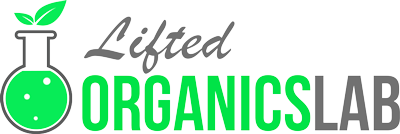The Kratom Lab Testing Process
When buying kratom, you should always ensure that the product has been lab-tested for quality. There’s a lot of confusion, though, about what lab testing entails, why it’s so important, and how to interpret the lab results.
Why Kratom Lab Testing Is Essential
Kratom is still largely unregulated in the U.S. which means kratom products are not approved or vetted by the Food and Drug Administration (FDA), and there are no federally recognized guidelines for product safety or quality. While some states—like Arizona, Colorado, Oregon, Utah, and most recently Missouri—have introduced their own kratom oversight and testing laws, the vast majority of U.S. states have no such requirements in place.
The problem with this lack of oversight is that you don’t always know that the kratom you’re buying is safe, organic, or even real kratom. That’s where lab testing comes in. A certificate of analysis from a testing lab provides you with the assurance that you’re getting the real deal. It’s essential, however, that the results come from a trusted third-party lab, and not from in-house testing.
What Kratom Lab Tests Look For
The following are just some of the qualities that are assessed in a typical kratom lab test:
- Alkaloid content (key alkaloids like mitragynine and 7-hydroxymitragynine should be properly accounted for, as they’re essential for regulating the effects and potency of kratom)
- Additives and fillers (there should be none)
- Contaminants, bacteria, and molds
- Microbe content
- Heavy metals
You want to ensure that your product contains 100% pure-leaf kratom. At Lifted Organics Lab, all of our kratom products are independently tested by 2 River Labs, a state-certified testing laboratory with an impeccable reputation. When it comes to ordering kratom online, you should settle for no less.
